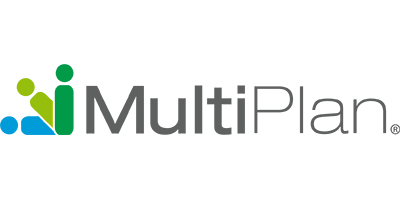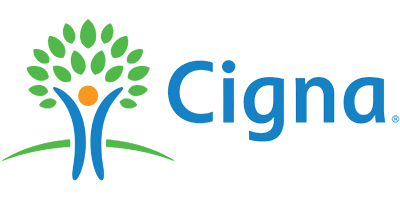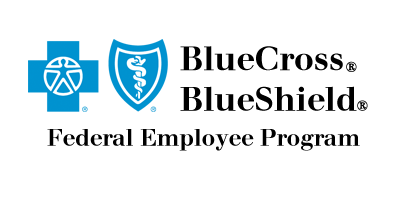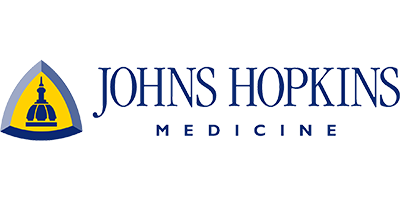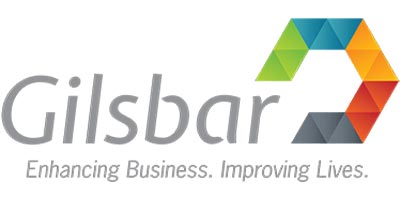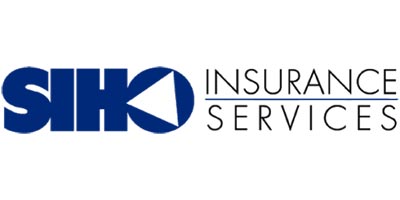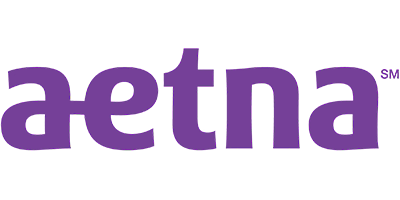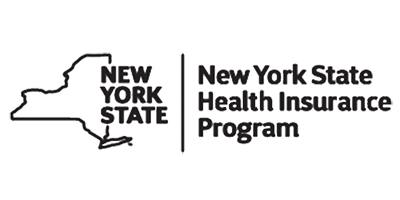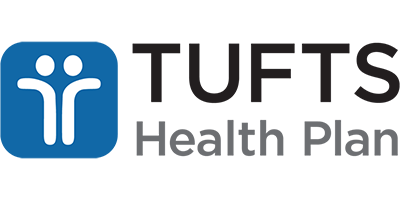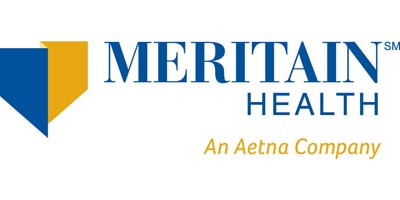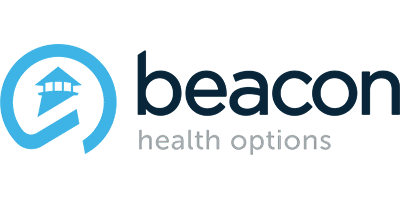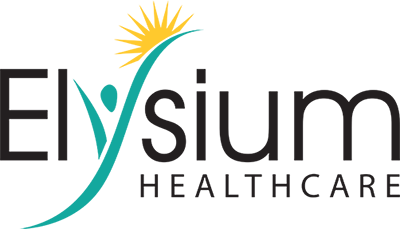
We all know someone who has been affected by addiction. Whether it be a family member, a friend, or even ourselves, we can all agree that addiction is an epidemic in our society. Millions of people suffer from this disease and only a fraction of them receive treatment for it.
Drug and alcohol addiction can be a harmful and debilitating condition that can take over many aspects of an individual’s life. Contrary to popular belief, the first responders we rely on can be sufferers of the addiction demon. In fact, mental health issues affect 1 in 3 firefighters every year. Mental health issues are a common reason for drug and alcohol addiction.
Mental health issues, such as depression and anxiety, are the leading cause of drug addiction. Drugs and alcohol have been used for centuries to help people cope with mental health issues, but it does not solve the underlying issue.
For first responders, the nature of their job means they come into contact with many different substances on a daily basis, which could lead to them abusing these substances as well.
Addiction is a tough condition to beat, but there are a number of ways first responders can get help for themselves. This article explores how first responders can stay sober while still being able to do the good work that’s needed.
Intro to First Responders Addiction Treatment
Substance abuse continues one of the most serious problems that first responders face.
Today, first responders are increasingly dealing with the addiction crisis. The prevalence of substance abuse among individuals who have been exposed to trauma as first responders have is alarming and appears to be on the rise.
According to the National Institute on Drug Abuse, a study found that those who have been exposed to trauma are more likely to develop substance abuse disorder. This is not surprising because according to the American Psychological Association, trauma can lead us to feel like we don’t have any control over our lives.
One of the main causes of occupational stress is the lack of control workers have over their work environment. These professionals are at risk of injury and death in their line of work, and unfortunately, many turn to drugs and alcohol to cope with the stress. Researchers have found that those who suffered from PTSD from a traumatic event at work were more likely to use alcohol or drugs to cope.
Alcohol is the most commonly abused substance by first responders with PTSD. Some of the first people to be present during a traumatic event may use alcohol as a coping tool and for bonding. Constantly using alcohol as a coping tool isn’t healthy. Using it as often will lead to addiction and an endless cycle of negative consequences that can ruin their life.
This is where a first responder treatment program for addiction will be helpful. There are many warning signs that treatment is needed:
- Risky behaviors (casual sex, frequent lying, and secrecy)
- Extreme mood swings
- Dependence on the drug of choice
- Unexplained, consistent need for money
- Dramatic changes in physical appearance, appetite, or sleep
Still have questions? Request a callback or give us a call today.
- No Obligation When You Call
- JCAHO Accredited Facilities
- Expert and Caring Staff
- 5-Star Rated Programs
- Dual-Diagnosis Approach
Find the Best Program for YOU

Benefits of a First Responder Treatment Program
A first responder treatment program is a program that helps those in stressful, dangerous jobs to manage stress with healthy coping methods.
These programs are specifically designed to help first responders manage addiction and mental health so that they can continue to provide essential services. These programs have been developed to help these first responders take back control of their lives, connect with other people in similar situations, and access support services.
They offer a variety of therapeutic treatments such as yoga, mindfulness, and cognitive-behavioral therapy. Treatment can be individualized for the specific needs of each person.
First responder treatment programs can help law enforcement officers, military personnel, emergency medical technicians, and firefighters cope with the potential for post-traumatic stress disorder (PTSD) and other psychological conditions. It also helps them to feel good about the work that they do and the people they protect on a daily basis.


What to Expect at a First Responder Treatment Program
In order to help first responders deal with their addiction, it is important to have mental health care and addiction treatment in treatment programs. The rates of violence, suicide, and overdoses are high in the profession and it’s important to provide them with the help they need so that they can be safe.
If you or someone you know is struggling with addiction, it’s time to get help. There are many different addiction treatment programs out there to choose from, but what should you expect from a first responder’s program?
Well, a first responder’s addiction treatment program normally includes a holistic approach because treatment should consider the whole person, and not just their substance abuse. This means that the program should have mental health care, physical health care, addiction counseling, and behavioral therapy. These are the type of therapies you can expect from a first responder’s addiction treatment program.
Every addiction treatment program for first responders will also include detoxing. Withdrawal from substances, such as alcohol, is a difficult process physically and mentally for the addict. Detoxification, or detoxing, is the first step in addiction treatment. Without it, withdrawal is more likely to cause serious physical and psychological symptoms.
Detoxing at a rehab center will allow for a more comfortable experience vs. attempting to detox at home which generally isn’t considered safe due to medical issues that pop up during the process. Treatment programs have professional, medical staff around-the-clock to help with any medical scares. This is one of the main benefits of first responder treatment programs.

Begin Your Journey to Recovery
From the moment you contact us, we will help you find the treatment program that best fits your individual needs – whether that is one of our programs or not. We aim to help every single person in finding their own path to lasting, sustainable recovery from substance abuse.

Elysium Healthcare’s First Responder Addiction Treatment Program
These people are faced with the trauma of death and injury on a daily basis. The nature of their jobs requires them to react quickly to emergencies, often without time to process what they’ve seen. This can lead to symptoms of PTSD, such as emotional numbness, flashbacks, nightmares, and an inability to cope with life. When they can’t cope, they turn to drugs and alcohol.
For someone who is a first responder and an addict, every day can be a new challenge. The addict must constantly fight the cravings that come with addiction and suffering, but there are ways to make this easier. There are support networks such as 12-step programs, therapy, and sober living homes at rehab centers like Elysium Healthcare located in California.
Elysium Healthcare provides substance abuse treatment to large corporations and communities. We offer a First Responder Program designed to give first responders access to addiction recovery without the need for them to leave the scene. Our company provides a variety of services including wellness programs, outpatient care, and 24/7 medical staffing.
We understand that your privacy is important and we will not share your information with anyone. You will learn and grow alongside people who have similar life and professional experiences in a supportive community of first responders who are ready to be vulnerable. Recovering from addiction as a firefighter is 100% possible when you seek help.
If you think your life is over, there is hope. You can recover from any situation, no matter how dire it seems. If you are feeling deep depression or anxiety, or are struggling with addiction, counseling and therapy are available for you here at Elysium Healthcare. We’ll make sure you get back on your feet, and healthier than you’ve ever been.
Are you a first responder in need of a treatment program? Contact us today! You can also contact us by phone at 844-462-8571. An admissions counselor will help you with any questions or concerns you may have about our first responder program.
There’s always hope when you choose Elysium Healthcare to recover from addiction as a first responder.
Addiction won’t win the fight, you will.
We are Committed to Your Recovery
Here at Elysium Healthcare, from the moment you make contact with our world-class admissions team, we work hard to build and establish a relationship with you and your loved ones. Whether you come to one of our programs or not, we will find you treatment options that work best for your individual needs – at no cost or obligation to choose our facilities. We believe in helping every single person in finding their own path to long-term, sustainable recovery from addiction.

We Work With Most Major Insurance
Elysium Healthcare works with most insurance providers at our facilities. Our admissions team works around-the-clock to ensure that those that need help have the access to get it. Verify your benefits and one of our treatment consultants will get back to you with more information on how you can get started.
